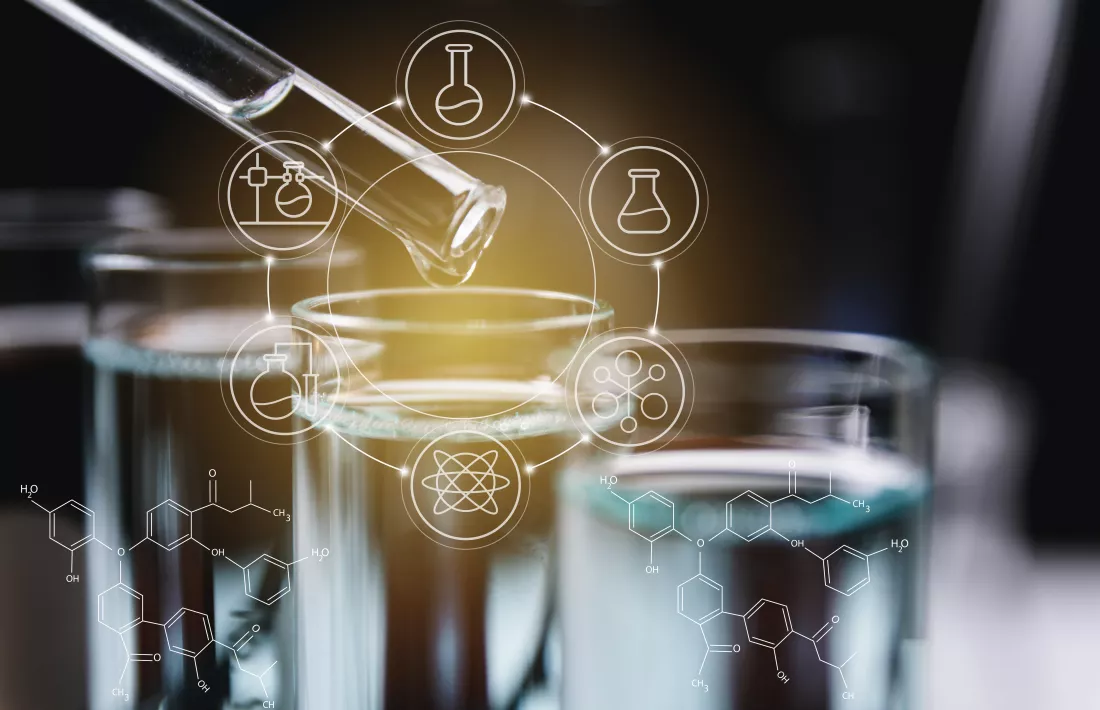Chemical Engineering
Chemical engineering is a branch of engineering that uses principles of chemistry, applied physics, life sciences (microbiology and biochemistry), applied mathematics and economics to efficiently use, produce, transform, and transport chemicals, materials and energy. A chemical engineer designs large-scale processes that convert chemicals, raw materials, living cells, microorganisms and energy into useful forms and products.
Engineering
Engineering is the creative application of science, mathematical methods, and empirical evidence to the innovation, design, construction, operation and maintenance of structures, machines, materials, devices, systems, processes, and organizations. The discipline of engineering encompasses a broad range of more specialized fields of engineering, each with a more specific emphasis on particular areas of applied mathematics, applied science, and types of application. See glossary of engineering.
Engineering
There are two laws discrete,
Not reconciled,—
Law for man, and law for thing;
The last builds town and fleet,
But it runs wild,
And doth the man unking.
Ralph Waldo Emerson, Ode, Inscribed to William H. Channing


